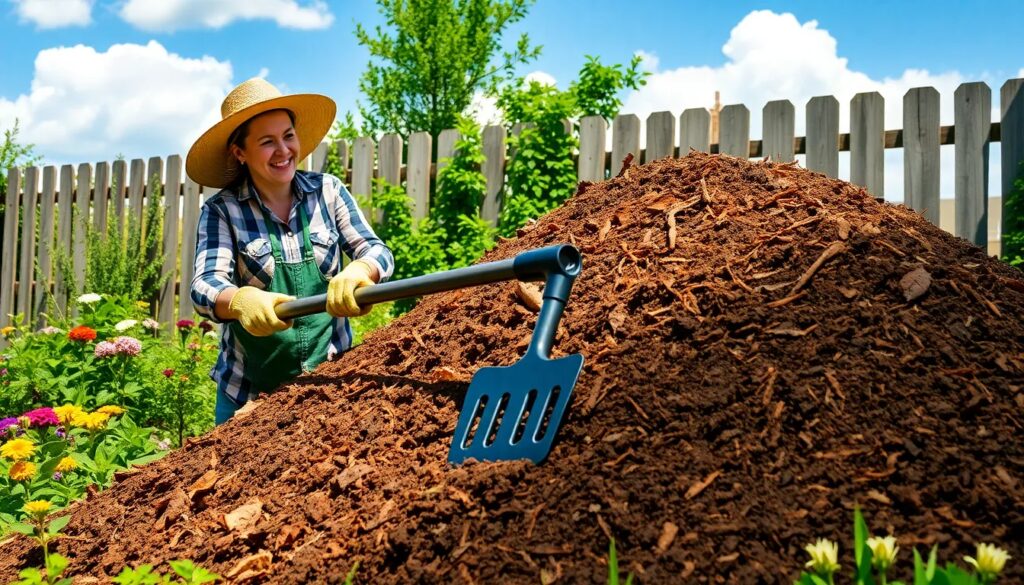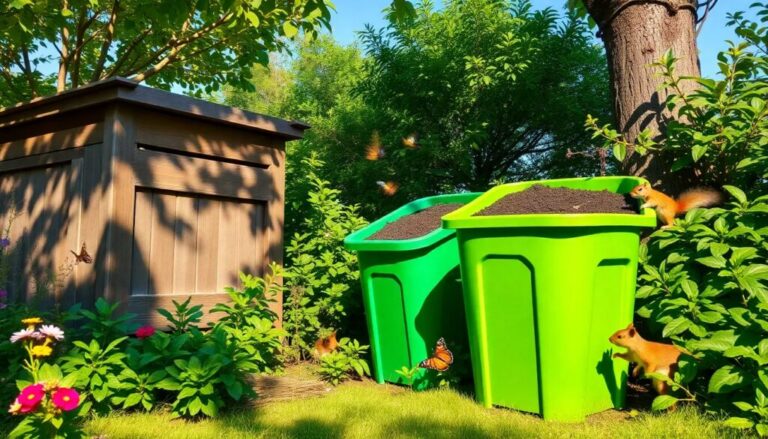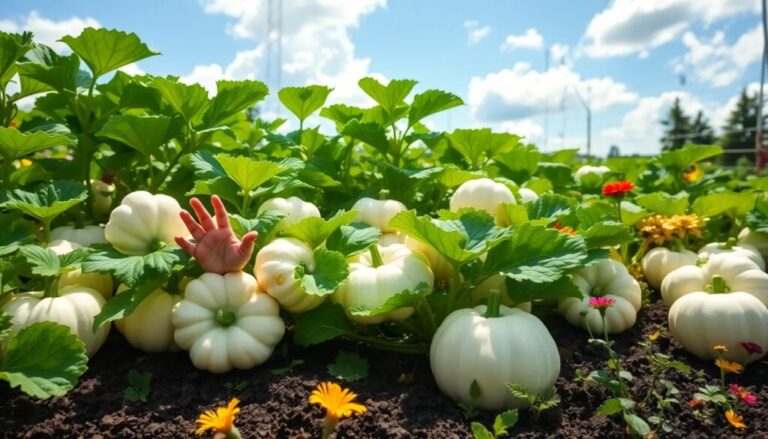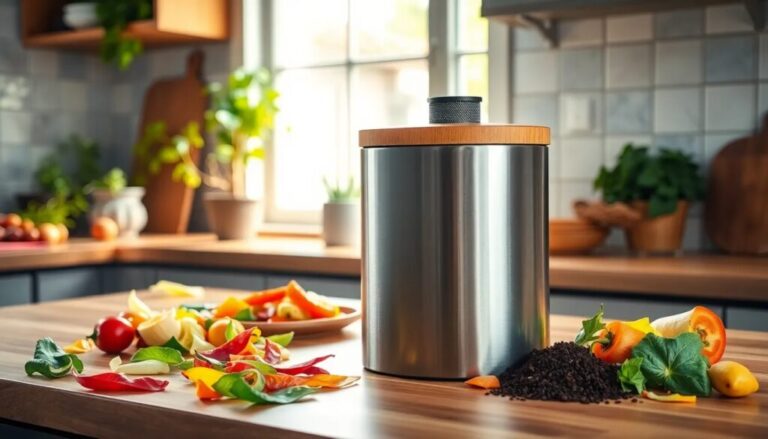Compost pile turner: everything you need to know
Composting is a fundamental part of waste management worldwide. Compost pile turners play a crucial role in transforming organic materials into useful products such as organic fertilizers and garden compost. With solutions such as those offered by Vermeer, it is possible to process large volumes of compost efficiently.
In this article, we will explore in depth what a compost pile turner is, its importance, and how it works. We will also discuss the benefits of using this equipment, as well as various composting options available on the market.
What is a compost pile turner and why is it important?
A compost pile turner is a tool designed to mix and aerate compost that is in the process of decomposition. Its main function is to ensure that air circulates efficiently in the compost pile, which is vital for a faster and more effective decomposition process.
The importance of a compost pile turner lies in its ability to improve the quality of the compost. By introducing oxygen into the organic material, microbial activity is accelerated, resulting in a more uniform and high-quality compost.
In addition, using a compost pile turner can significantly reduce the time needed to break down organic materials. While an unattended compost pile can take up to a year to decompose, using a composter can reduce this time to just a few weeks.
How does a compost pile turner work?
The operation of a compost pile turner is based on the mixing and aeration of organic materials. This equipment can be of various types, including manual and industrial, and each has its own method of operation.
Compost pile turners typically have a design that allows the material to be rotated to mix it evenly. This can be achieved by means of a rotating drum or by a blade mechanism that cuts and mixes the compost.
Turning the compost allows air to come into contact with the organic materials, which encourages the microbial activity necessary for decomposition. This not only improves the quality of the compost, but also helps regulate the temperature in the pile.
What are the benefits of using a compost pile turner?
Using a compost pile turner has multiple benefits that can transform the way compost is managed. Some of the most notable benefits include:
- Accelerates decomposition: The additional air accelerates the decomposition process, reducing the time needed to obtain usable compost.
- Improves compost quality: Well-aerated compost is more uniform and nutrient-rich.
- Reduces odors: Proper aeration decreases the production of unpleasant odors that can arise in poorly managed compost piles.
- Eases handling: Compost pile turners are easier to use than the manual method, especially for large volumes of material.
In addition, compost pile turners are crucial for waste management practices, as they help break down materials that might otherwise end up in landfills.
How to make your own compost pile turner?
Creating a DIY compost pile turner is a rewarding project that can significantly improve your composting experience. To make one, you will need some basic materials, such as:
- A sturdy wooden or metal frame.
- A pair of wheels for easy movement.
- A system of shovels or blades to mix the compost.
The construction process involves assembling the frame, adding the wheels, and attaching the shovels or blades so that they can effectively turn the compost. There are numerous online tutorials that can guide you step by step through this task.
In addition, DIY composters are an excellent option for those looking to customize their equipment according to their needs and available space.
What types of compost pile turners are available?
There are several types of compost pile turners on the market, each designed to meet different needs and compost volumes. Some of the most common options include:
- Manual composter: Ideal for small gardens, they are easy to use and inexpensive.
- Drum composter: Uses a rotating drum to efficiently mix and aerate the compost.
- Industrial composter: Designed for large volumes, these machines are capable of processing thousands of cubic yards of compost per hour.
- Screw composter: Uses a worm screw system to effectively mix and aerate the material.
Selecting the right type of compost pile turner depends on how much compost you plan to produce and your budget.
Where to buy a compost pile turner?
Buying a compost pile turner is easier than it seems, as there are multiple options available. You can find composters at:
- Garden stores: Many garden centers offer a variety of composters, from manual to industrial.
- Online stores: Websites such as Amazon or eBay have a wide selection of compost pile turners with reviews from other users.
- Specialized manufacturers: Consider visiting the websites of well-known brands such as Vermeer for information about their products.
Before purchasing, be sure to research your options and read reviews to ensure that the composter is right for your needs.
What is the price range for compost pile turners?
The price range for a compost pile turner can vary significantly depending on the type and brand. Generally, you can expect to find:
- Manual composter: From $50 to $150.
- Drum composter: Between $200 and $500.
- Industrial composter: These can cost from $1,000 to over $10,000, depending on capacity and features.
It is advisable to adjust your budget according to how often you plan to use the composter and the volume of compost you plan to handle. This will help you select the composter that best suits your needs.










